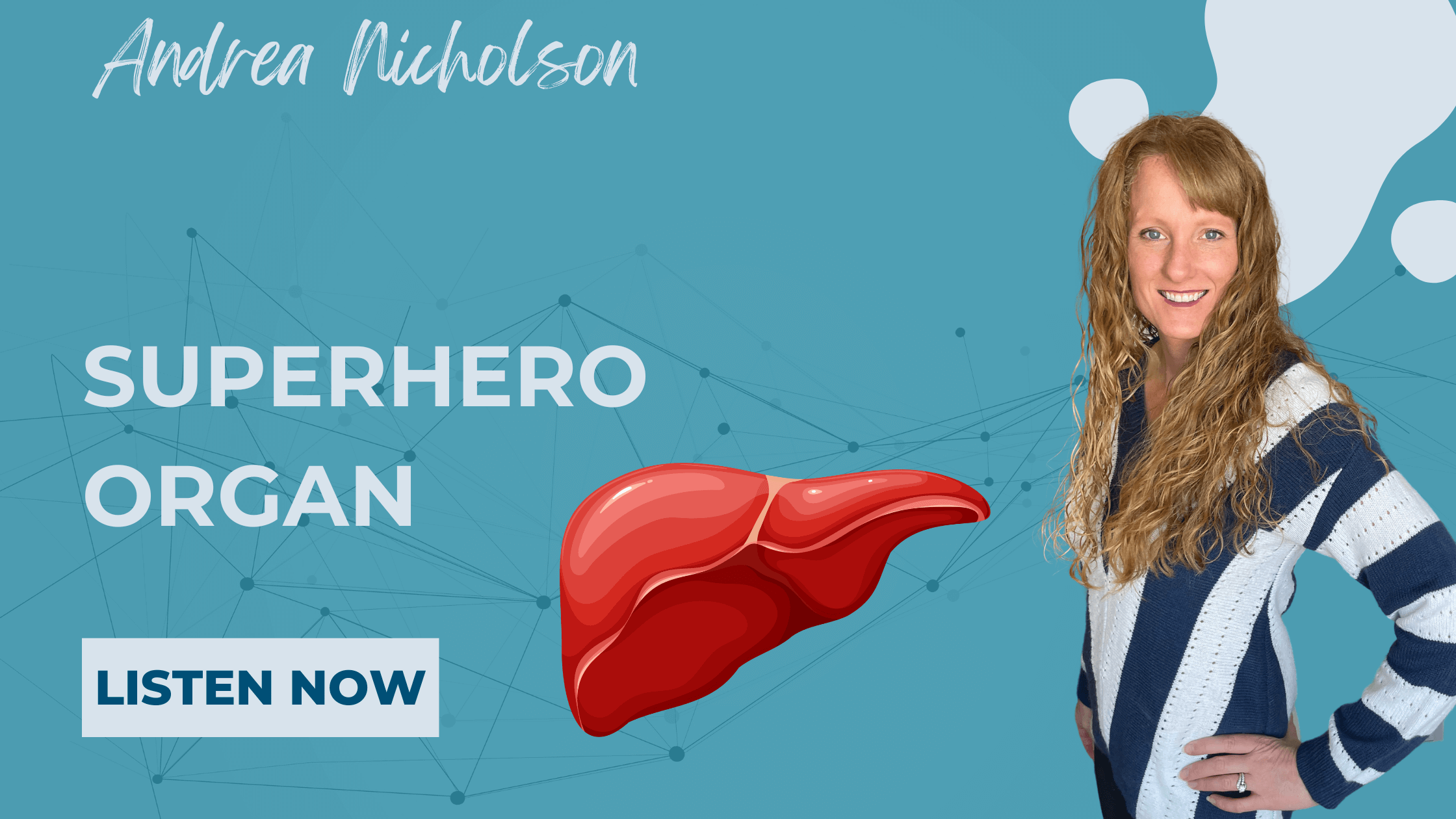
In this episode, we delve into the often overlooked but vital organ, the liver. We explore the liver's location, size, and its myriad of functions, which go far beyond detoxification to include digestion, metabolism, blood sugar regulation, and maintaining a healthy gut microbiome. The episode highlights the challenges to liver health posed by modern lifestyle choices, including exposure to toxins, chemicals, and the overuse of medications.
Read more...
Your gut and brain are closely connected, and inflammation might harm both. A weakened blood-brain barrier (leaky brain) lets harmful substances into the brain, potentially leading to mental health issues like depression and neurodegenerative diseases. This is similar to leaky gut, where a loose intestinal lining allows toxins into the bloodstream.
Research shows that improving gut health—through probiotics, prebiotics, a healthy diet, and lifestyle changes—can strengthen the gut-brain connection and reduce inflammation. Addressing gut health could be a key step in improving mental health and preventing brain-related conditions.

In this episode, we shift our focus from what to eat to a crucial yet often overlooked aspect of nutrition: when to eat. You'll discover how timing your meals can influence metabolic health, energy levels, and overall well-being. We address some of the most common questions about intermittent fasting, late-night eating, meal timing around exercise, and more.
Whether you’re exploring ways to enhance your health or seeking sustainable strategies to support your lifestyle, this episode provides practical insights to help you align your eating schedule with your individual needs and goals. Tune in to uncover actionable tips to optimize your eating habits and improve your metabolic health—without unnecessary medications or rigid rules.

Metabolic dysfunction extends far beyond diabetes, influencing a wide range of health conditions that often go unnoticed. Disorders like irritable bowel syndrome (IBS) are linked to reduced mitochondrial activity, which impairs cellular function and contributes to symptoms such as abdominal pain and irregular bowel movements. Crucially, those with IBS are twice as likely to develop metabolic syndrome, showcasing the deep connections between gut health and metabolism.
The impact of metabolic issues is also evident in skin conditions like acne, where elevated insulin levels disrupt hormone balance and increase oxidative stress, leading to acne and other skin disorders. Moreover, metabolic dysfunction plays a critical role in mental health, as seen in the link between unstable blood sugars and depression. The gut-brain axis underscores this relationship, where disturbances in the gut microbiome affect mood and behavior, reinforcing the strong ties between digestive health and mental well-being.
Other significant health challenges like chronic pain, arthritis, and even hearing loss are intertwined with metabolic dysfunction, emphasizing the necessity of holistic health management. Insulin resistance and altered cellular metabolism contribute to muscle loss and joint degradation, while high blood sugar levels correlate with higher rates of hearing impairment. Addressing metabolic health can mitigate these varied conditions, improving overall function and quality of life.
Read more...
Histamine is an inflammatory mediator crucial for immune function, helping the body respond to threats like allergens and bacteria. However, issues arise when our bodies can't break down excess histamine, leading to histamine overload. This condition can result from high-histamine foods, natural internal production by immune cells, or contributions from the gut microbiome.
Our bodies use enzymes like Diamine Oxidase (DAO) and Histamine N-methyltransferase (HNMT) to process and eliminate histamine. DAO breaks down histamine from foods, with its effectiveness relying on factors like genetics and nutrient availability, while HNMT neutralizes histamine in the brain and central nervous system. Symptoms of histamine overload vary widely due to histamine receptors' presence throughout the body, potentially manifesting as mood changes, respiratory issues, skin reactions, and digestive disturbances.
Identifying histamine overload can involve various tests or trial approaches like adopting a low-histamine diet and monitoring symptom changes. High-histamine foods often include those that are aged or fermented, emphasizing the importance of diet management alongside enzyme supplements to reduce symptoms. Addressing underlying causes such as gut health and nutrient deficiencies can offer long-term relief, highlighting the benefit of working with health professionals to develop tailored strategies for managing histamine intolerance.
Read more...















